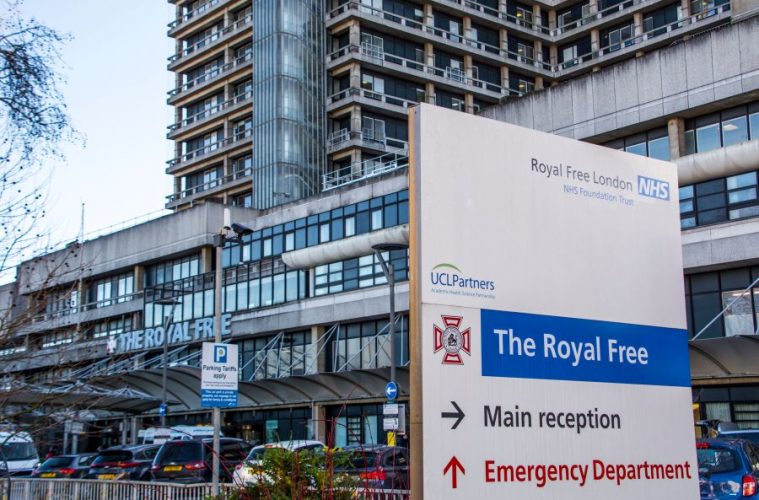The National Health Service is the backbone of healthcare in the UK, but it is increasingly under strain. From staffing shortages to mounting financial pressures, the system is grappling with problems that directly affect patients and healthcare workers alike.
These issues raise pressing questions about the NHS’s ability to maintain the high standards of care that people have come to expect. In this article, we’ll examine these challenges in detail and explore how we might address them.
The NHS at a crossroads
Once a symbol of universal care and pride, the NHS is now struggling to keep pace with growing demand and finds itself in the midst of a crisis. If the challenges facing the NHS remain unaddressed, the consequences could include even longer waiting times, reduced patient outcomes and declining public trust.
Mounting pressures: Staffing shortages and resource constraints
One of the NHS’s most glaring challenges is its severe staffing shortages.
The NHS is short tens of thousands of nurses and doctors, with recruitment and retention hampered by burnout, low morale and uncompetitive salaries.
Meanwhile, outdated facilities and equipment exacerbate inefficiencies. When resources are stretched too thin, healthcare workers are forced to choose between competing priorities, which inevitably compromises the quality of care.
Patient safety in jeopardy: Recent incidents and reports
When safety is compromised, patients suffer. High-profile cases of medical errors have drawn attention to systemic failings, including reports of maternity scandals where poor staffing and oversight led to hundreds of preventable deaths.
These incidents are not isolated and point to a larger trend of inadequate monitoring and insufficient support for healthcare staff. When the system fails, it erodes confidence in the NHS and its ability to provide safe, effective care.
The financial burden: Rising costs of compensation
The financial strain on the NHS is compounded by the rising costs of compensation.
Incidents surrounding patient safety and concerns of negligence have seen an increase in patients turning to medical negligence solicitors in an effort to claim compensation for the substandard care they have received. The payouts, often in the millions, divert already limited funds from frontline services.
This cycle underscores the need for preventative measures, as improving care standards will reduce errors and, in turn, lessen the financial burden of compensation claims.
Path to improvement: Proposed reforms and future outlooks
The solutions to improve NHS services are complex but achievable with decisive action. In January 2025, Prime Minister Sir Kier Starmer has pledged to reform the NHS in an effort to cut patient waiting times and to expand the relationship between the NHS and the private healthcare sector to improve the standard of care.
Investing in technology and infrastructure will also help modernise healthcare delivery, improving efficiency and patient experience. There are plans in place to upgrade the current NHS app in March 2025, allowing patients to book appointments and communicate with GPs and hospitals about their care. The reform also outlines the government’s plans to open more community diagnostic centres with extended opening times on evenings and weekends, creating greater convenience for patients and helping to reduce waiting lists.


